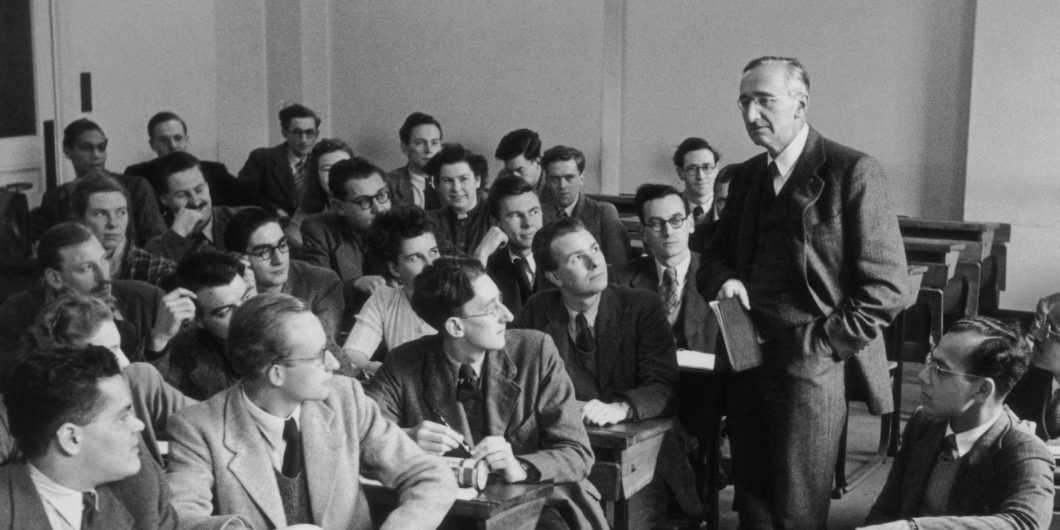Protecting Traditional Rights with the Ninth and Fourteenth Amendments
In my last post, I explored in what way Hayek might be thought of as an originalist. I wrote that Hayek relied to a significant extent on the 9th Amendment and the Privileges and Immunities Clause for his claim that the Constitution was intended to protect traditional principles that were not textually listed. In this post, I want to explore what I regard as the meaning of these two clauses and whether they serve the purposes that Hayek imagines for them.
Hayek states the problem as such. Having dispensed with the 9th Amendment and Privileges and Immunities Clauses, judges found “themselves in a somewhat peculiar position when they encountered uses of legislative power which, they felt, it had been the intention of the Constitution to prevent but which the Constitution did not explicitly prohibit.” Hayek states that the Supreme Court used the Due Process Clause but that they should have been able to use the 9th Amendment and Privileges and Immunities Clauses.
The 9th Amendment provides that “the enumeration in the Constitution, of certain rights, shall not be construed to deny or disparage others retained by the people.” Hayek sees this as a reference to unenumerated rights (which it seems to be) and as suggesting that those rights should be treated as constitutional rights enforceable by judges (which is far more questionable). After all, the text of the Amendment does not say that these unenumerated rights should be protected as constitutional rights, which it could have done far more clearly.
There are a couple of possible meanings of the 9th Amendment which I find plausible. Here let me mention one of them defended by Michael McConnell. As I stated in a previous blog post, under this view, the 9th Amendment
protects certain natural rights, but not by conferring constitutional status on those rights. Instead, it protects those rights as natural rights [in the way that natural rights] were protected prior to the Constitution’s enactment. Such rights were protected through equitable interpretation. That is, if a congressional statute were to appear to infringe on such a natural right, it should not be interpreted to have that effect unless the statute’s language was clear on the matter. Otherwise, it should be assumed that Congress did not intend to infringe on a natural right. This is both a natural interpretive rule and the way that natural rights were protected prior to the Constitution.
It also fits the 9th Amendment text quite well.
If this is the correct meaning of the 9th Amendment, would it operate to protect the rights that Hayek believes the Constitution was intended to protect? To a certain extent, yes. Certainly, some of the natural rights would protect the individual rights, including property rights, that Hayek is concerned about. Ultimately, how many of these rights are protected will turn on how extensive the natural rights were and whether Congress is willing to make the clear statement necessary to override those natural rights.
Now consider the Privileges and Immunities Clause, which provides that “No state shall make or enforce any law which shall abridge the privileges or immunities of citizens of the United States.” Again, there are many interpretations of the Clause, but in my opinion the best view is the following. The privileges or immunities of citizens of the United States are the privileges that are enjoyed by citizens throughout the nation. What are those privileges or immunities? The ones that citizens have been provided by a very large proportion of the states (and which have been provided for a significant period of time). Under this view, this Clause has the effect of ensuring that no state can take away privileges that have been traditionally respected by the states of the country.
Thus, here is a provision that affords protection against “uses of legislative power which [judges] felt, it had been the intention of the Constitution to prevent but which the Constitution did not explicitly prohibit.” These traditional rights would be protected by the Privileges and Immunities Clause. While the Clause only applies against the states, it would protect many of the rights about which Hayek was concerned.
